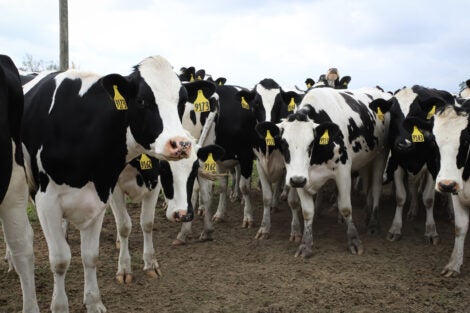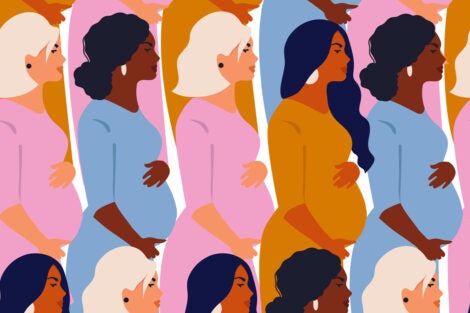A growing body of evidence suggests that chemicals in hair relaxers—products aimed at straightening hair—and other hair products marketed to Black girls and women contain endocrine-disrupting substances linked with early menstruation, reproductive health issues, and cancer. But these remain largely unregulated in the U.S.
It’s not too late to contain the bird flu outbreak in the U.S—as long as the government implements an effective public health surveillance strategy, experts say.
Because avocados contain high levels of nutrients, they may provide multiple health benefits, according to experts.
Integrating more spirituality into public health and medicine in the U.S. can improve individual and population well-being, according to a study co-authored by researchers from Harvard Chan School.
Even people who see the glass as half empty can learn to see it as half full by training themselves to think more positively, according to experts.
“If you look at other forms of what we call vegetables, I would rather a child eat broccoli,” said Professor Eric Rimm.
As climate change continues to escalate, protecting maternal and infant health must be a priority, according to experts from Harvard Chan School.
Effective treatments are available to help people recover from post-traumatic stress disorder, according to Harvard Chan School’s Karestan Koenen.
New Environmental Protection Agency limits on forever chemicals in drinking water are a step in the right direction to protect the nation’s health, but they don’t go nearly far enough, according to a Washington Post op-ed by Harvard Chan School’s Joseph Allen.
Wildfire smoke from Canada has been traveling to the Midwestern U.S., causing air pollution both outdoors and indoors, according to experts.









